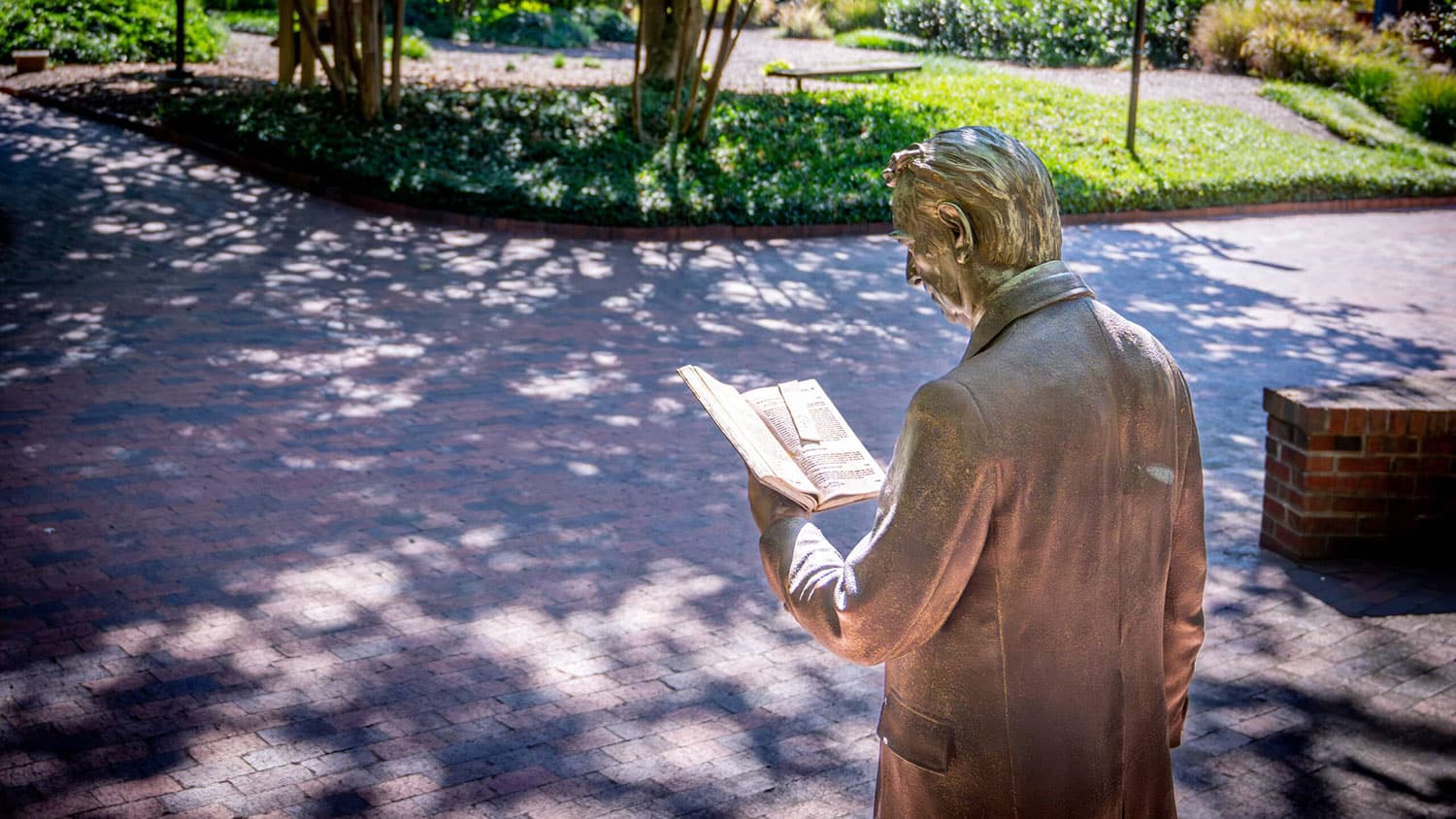Podcast: Sneakerheads


Sneakerheads love their sneakers: buying, trading and collecting. Sneakerhead culture isn’t new. It’s been around since the 1970s and it’s still going strong. Delisia Matthews, assistant professor of textile brand management and marketing and Qiana Cryer-Coupet, assistant professor of social work, talk about what it means to be a sneakerhead and what manufacturers are doing to woo them.
What is a sneakerhead? Basically, it’s an individual who lives and breathes sneakers and knows everything there is to know about the history of the sneakers.
“This whole sneaker culture has its roots in hip hop,” Matthews says. “And so, we think about what was going on in the late seventies with the hip hop culture. Yes, it was definitely about verses and runs, but it was also about what people in that culture were wearing. And so a lot of that was driven by the sneakers they wore.
“The latter part of this whole sneaker culture definitely came with the basketball culture and of course, Michael Jordan – Jordans and what that represented for the basketball culture – his whole performance, and this whole notion that it’s got to be the shoes that were driving his athleticism. Since it was all about the shoes, everybody had to have the shoes – specifically Jordans.”
Since sneakerheads have been around for quite a while, new generations have come into the fold. According to Cryer-Coupet, one of the interesting generational differences in sneakerheads then versus now is access to the sneakers themselves.
“When we think about those who were part of the earlier generations, the ways in which they were able to access sneakers were more limited than what we see now,” Cryer-Coupet says. “So we know that the apps did not exist in the same ways, in terms of thinking through some of the celebrity collaborations, the number of colorways that were available, this idea of thinking about exclusivity seem to be something that was stronger for earlier generations than we might see with current generations.”
But it isn’t just getting the latest celebrity collaboration or customizing your retro Jordans. According to Cryer-Coupet, sneakerhead culture also gives participants freedom of expression and a sense of community.
“We know that as we think about the ways in which Black men move about the world, there are many ways in which they’re oppressed and don’t necessarily have that freedom of expression. And so they can utilize footwear as a way of saying to their daughters and saying to their sons like, ‘This will allow you to stand out. This is something that belongs to you.'”
There was one particular phrase that I found very interesting from one of our (study) participants,” Matthews says. “He was talking about being in the space with fellow sneakerheads. And the phrase that he used was that when he enters the room, he doesn’t make eye contact, but he makes shoe contact. In other words, he’s walking in the room and looking first at people’s shoes in order to see, if there are sneakerheads like him, what preferences they have, how they match their shoes with their gear, exhibit their identity through shoes. But instead of making eye contact, he makes shoe contact.”


